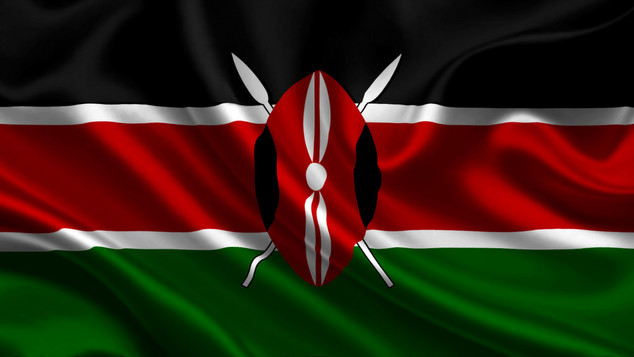
LGBTIQ+ rights activists in Kenya have been struck a blow as the countries top court ruled that laws criminalising homosexuality were not discriminatory.
Activists had been cautiously optimistic ahead of the decision being handed down by the High Court today, but their hopes were dashed as the three judges ruled in favour of the current laws.
The process of challenging the laws, which sentence people caught having same-sex relationships to 14 years in prison, had been a long journey.
Over three years ago activist Eric Gitari filed a discrimination lawsuit challenging the constitutional validity of two sections of Kenya’s colonial-era penal code. Challenges to the laws were also filed by other organisations and LGBTIQ+ people, the court decided to look at all the applications together.
The judgement was originally intended to be handed down in February, but the court chose to delay announcing the decision for an additional three months, and on Friday the three judge panel read out their decision.
The ruling means that Sections 162 (a) and (c), 163 and 165 of Kenya’s penal code remain in place and homosexual relations are still criminalised. The laws were implemented by the British government in the 1930’s when Kenya was a British colony.
The court rejected the petitioners’ case that the laws violate constitutional protections, stating that the provisions are not discriminatory because they do not single out LGBT people, and that the petitioners had not proved their rights had been violated under the laws.
The court also argued that the constitutional rights to privacy and dignity are not absolute and should be read in the context of article 45 of the constitution, which states that “Every adult has the right to marry a person of the opposite sex.”
International human rights groups have condemned the decision and implored the Kenyan government to take action on the issue.
“Kenya’s High Court has relegated people in same-sex relationships in Kenya to second-class citizenship, based on the absurd claim that the penal code is not discriminatory,” said Neela Ghoshal, senior LGBT rights researcher at Human Rights Watch. “Rights cannot be trampled upon in the name of social disapproval. The Court of Appeal should revisit this ruling urgently.”
Concern was also raised that the judgement made reference to marriage, when the petition’s claim had made no mention of marriage rights.
“The argument of the High Court of Kenya is flawed. Dismissing a petition to decriminalize same-sex sexual activity because it may indirectly open the door to petitions for equal marriage fails to consider the case at-hand in favor of an arbitrary future, which, frankly, is absurd.
OIP Staff






